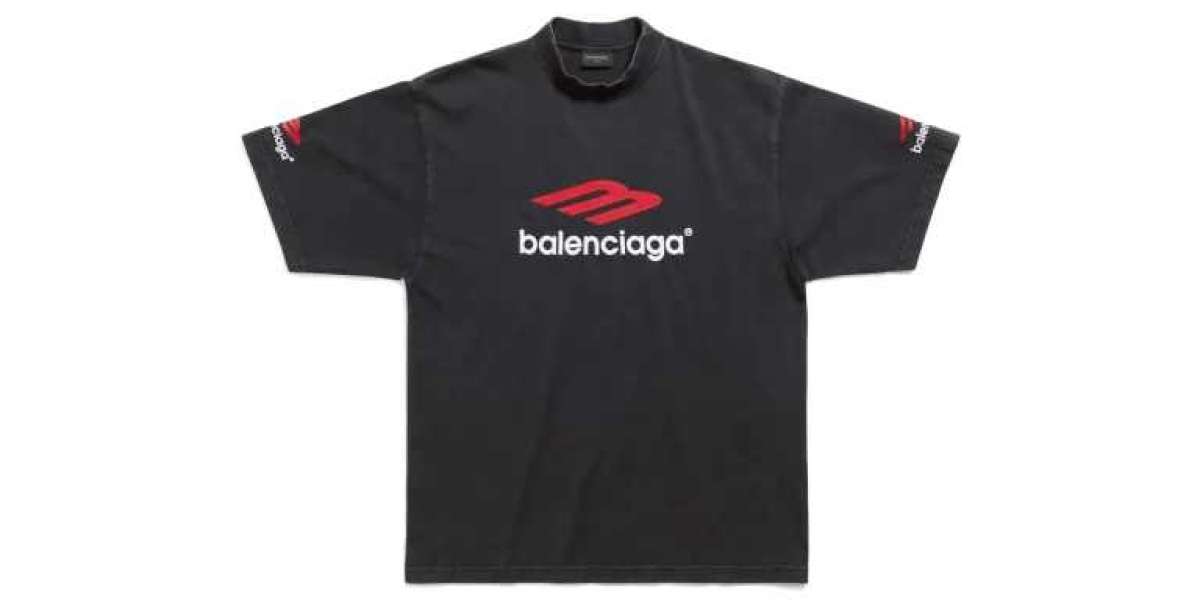In the ever-evolving digital landscape, social media marketing has become a cornerstone of effective business strategies. A well-crafted social media marketing proposal can be a game-changer, enabling businesses to present their plans in a structured and professional manner. This proposal not only outlines the strategies and objectives but also helps in securing client approval and building long-term partnerships

Understanding the Importance of a Social Media Marketing Proposal
A social media marketing proposal is a detailed document that outlines your approach to leveraging social media platforms to achieve a client’s marketing goals. It serves as a roadmap, detailing strategies, timelines, deliverables, and costs. This document is crucial for setting clear expectations, demonstrating your expertise, and showcasing how your strategies can drive results.
Key Components of a Social Media Marketing Proposal
1. Introduction
Begin with a brief introduction to your company, highlighting your expertise in social media marketing. Mention any relevant experience, certifications, or accomplishments that set you apart. If you’ve completed a social media marketing course or provided social media training, include these details to build credibility.
2. Client Background
Provide a summary of the client’s business, industry, and current social media presence. Highlight any challenges they are facing and the goals they wish to achieve through social media marketing.
3. Objectives
Clearly define the objectives of the social media campaign. Whether it’s increasing brand awareness, driving website traffic, or generating leads, having specific goals helps in measuring the success of the campaign.
4. Target Audience
Identify the target audience for the campaign. Include demographic details, interests, and behaviors to ensure that the content and strategies are tailored to the right audience.
5. Strategy
Outline the proposed strategies for achieving the objectives. This section should detail the social media platforms to be used, content plans, posting schedules, and engagement strategies. Highlight any unique approaches or innovative ideas you plan to implement.
6. Content Plan
Provide a detailed content plan, including the types of content to be created (e.g., blogs, videos, infographics), themes, and key messages. Emphasize the importance of high-quality, engaging content in attracting and retaining followers.
7. Timeline
Include a timeline that outlines the key milestones and deliverables. This helps in managing expectations and ensuring that the project stays on track.
8. Budget
Present a clear and transparent budget that covers all aspects of the campaign, including content creation, ad spend, and management fees. Justify the costs by linking them to the expected outcomes and ROI.
9. Measurement and Reporting
Explain how the success of the campaign will be measured. Include details on the metrics to be tracked, reporting frequency, and tools to be used. Highlight the importance of continuous monitoring and optimization to achieve the best results.
10. Conclusion
Summarize the key points of the proposal and reiterate how your strategies align with the client’s goals. Express your enthusiasm for the opportunity to work with the client and invite them to discuss the proposal further.
Summary
Creating a comprehensive social media marketing proposal is essential for clearly communicating your strategies and securing client approval. By including key components such as an introduction, client background, objectives, target audience, strategy, content plan, timeline, budget, and measurement plan, you can present a well-rounded and professional document.
For those looking to enhance their skills in creating such proposals, enrolling in a social media marketing course can be highly beneficial. These courses often cover the intricacies of proposal writing and provide practical insights into effective social media strategies. Additionally, a social media course for beginners can offer foundational knowledge, while advanced social media training can refine your skills and keep you updated with the latest trends.
In conclusion, a well-structured social media marketing proposal can significantly impact your ability to win clients and execute successful campaigns. Leveraging your knowledge from a social media marketing course, whether it’s a social media course for beginners or advanced social media training, can ensure that your proposals are professional, comprehensive, and compelling.








